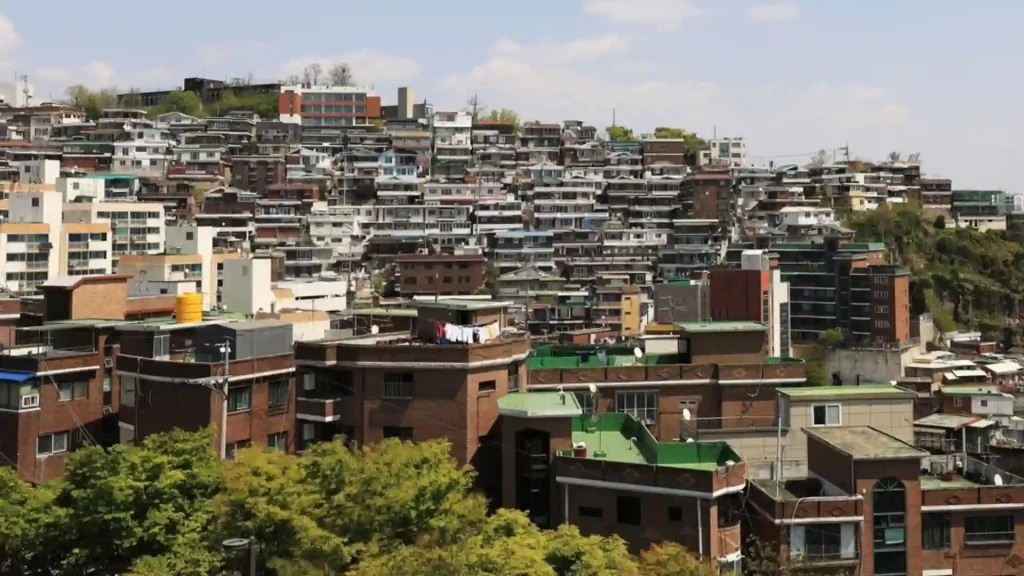South Korea’s property market is facing a potential slide due to anomalies in renting practices, with the use of jeonse deposits instead of monthly rent putting an already stumbling economy under pressure and testing investor confidence after recent financial sector turmoil. The vulnerability arises from tenants providing outsized deposits, which supply property owners with leveraged cash and puts jeonse at the center of speculation and financial imbalances in the country.
Last year, deposits for an apartment in Seoul spiked to almost 678 million won ($530,000). Those who are not able to afford the deposit can take out special bank loans, adding to an ecosystem that gooses the market on the way up and magnifies losses when things turn down.
A property analyst at Kookmin Bank, Park Won Gap said that jeonse can easily amplify risks in a time of crisis and may become a bigger factor this year for the economy than high-interest rates or a potential recession.
While the Bank of Korea and most economists expect the property downturn to remain contained as a modest and desirable correction, economists warn that a deeper real estate tumble, affected by changes in jeonse use, cannot be ruled out. A bitter decline in the market would hurt private spending in the economy, diminishing corporate and consumer confidence along with jeopardizing President Yoon Suk Yeol’s chances of winning the next year’s parliamentary elections. It could also set off pressure on credit markets that had been through a rough patch last year in South Korea following the default of a Legoland Korea developer.
The concern arises from a feedback loop that can form as interest rates continue to rise and property values fall. High borrowing costs could push prospective tenants to switch to monthly payments, which in turn would reduce jeonse’s popularity. Due to this, landlords might struggle to secure enough deposits from the new renters to pay back the jeonse to tenants reaching their end of rental contracts. That could force the owners to dump properties at steep discounts and fuel the cycle.
Last year’s figures show monthly rent outnumbering jeonse in rental contracts for the first time. House prices in South Korea saw a dip of 4.4% in February compared to the elevated levels of the previous year. According to the Korea Research Institute for Human Settlements, if prices fall by 10%, a quarter of all landlords will have trouble paying back jeonse.
South Korea’s total debt among households amounts to 2,925 trillion won, with jeonse loans of about 1,058 trillion won($828 billion), according to the Korea Economic Research Institute. Most of the country’s household debt that is linked to real estate is charged at a floating interest making South Korea’s housing market more susceptible to rate hikes compared to other countries, said An Young-jin, one of the economists at SK Securities Co.
The housing market’s recent relief following government measures and expectations for no more central bank rate hikes may not hold given the significant size of the housing supply scheduled over the next year or two. The number of unsold properties across South Korea crossed 75,000 in January, the highest since 2012, according to the Ministry of Land, Infrastructure, and transport. Real estate companies are using unusual tactics to try and sell property, including offering buyers a chance to win a Mercedes Benz or a gold bar as a token of appreciation.
The Bank of Korea and the government have pledged policy support worth tens of billions of dollars to reassure investors after the Legoland fiasco. However, as the housing market wobbles, a small credit-related event could invigorate risks associated with project financing, a type of short-term debt that local developers take advantage of based on the expectation that they can repay it by selling homes before the construction is completed. Companies that have borrowed more than they can handle will become an issue says Lee Kang Wook, a general manager for ratings at NICE.
